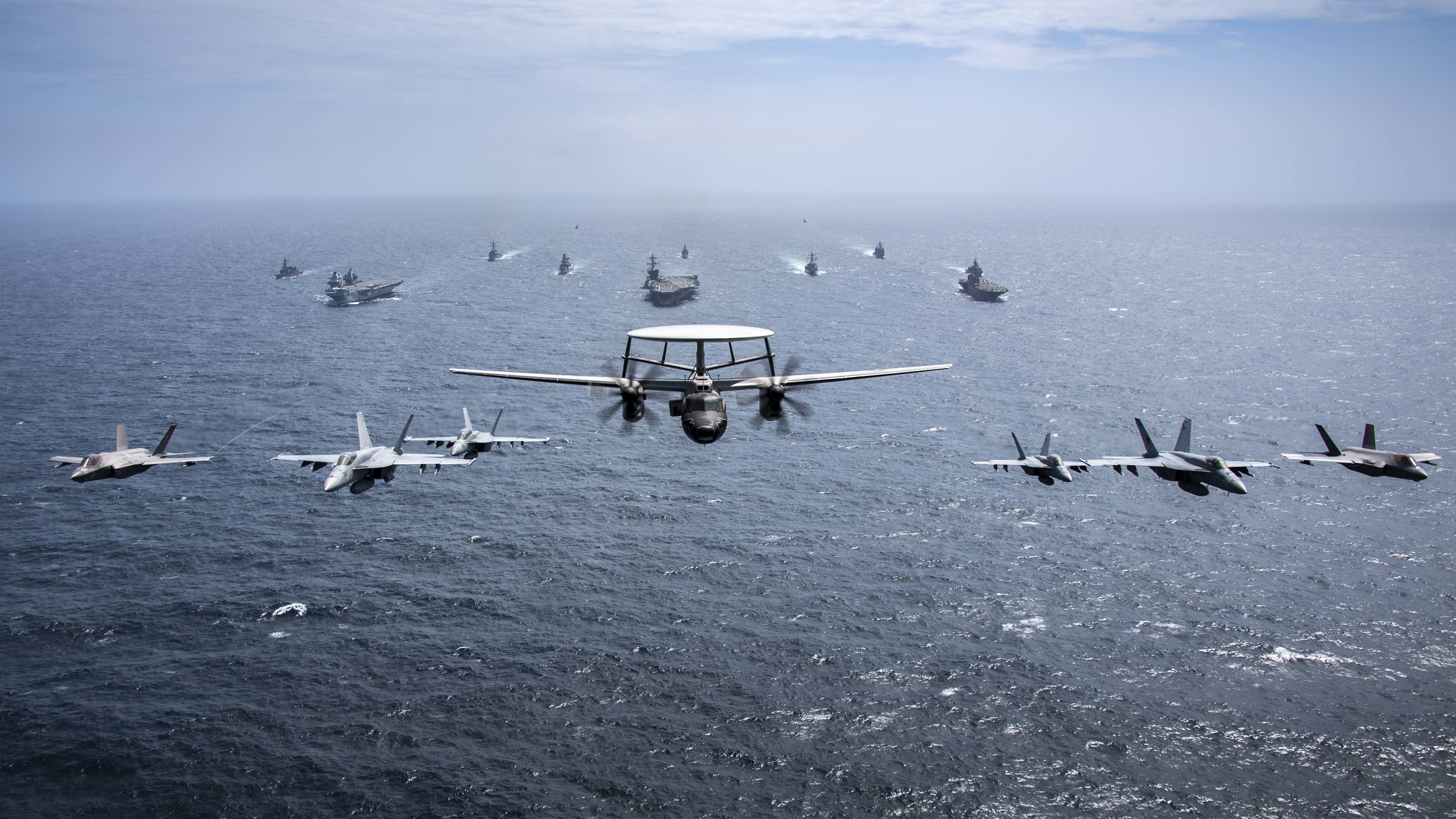Taiwan’s more assertive defense posture after elections, has significant implications for regional security. The increased defense spending and strategic decisions could lead to heightened tensions with China, which may view these moves as provocative. However, Taiwan’s actions are also likely to garner support from other nations concerned about China’s growing influence and military assertiveness in the region. This dynamic could result in a more polarized regional security environment, with clearer divisions between allies and adversaries.
Taiwan is poised to increase its defense budget, upgrade its defense technology, and make significant strategic decisions following recent elections. The new leadership in Taiwan is demonstrating a more aggressive stance in response to growing regional tensions, particularly with China. This shift reflects a broader strategy to enhance Taiwan’s military capabilities and ensure its security and sovereignty.
The new government plans to substantially increase Taiwan’s defense budget. This increase is aimed at bolstering the island’s defensive capabilities in the face of an expanding threat from China. The increased budget will allow for the purchase of advanced military equipment, the expansion of the armed forces, and improvements in training and readiness. The decision to allocate more funds to defense underscores the urgency that the new leadership places on national security.
One of the critical areas of focus for Taiwan’s new administration is the upgrade of its defense technology. The government intends to invest in advanced systems such as missile defense, cyber warfare capabilities, and modernizing its naval and air forces. By acquiring state-of-the-art technology, Taiwan aims to deter potential aggressors and enhance its ability to respond effectively to any threats. These technological upgrades are seen as essential to maintaining a robust defense posture.
The new leadership is expected to make significant strategic decisions to enhance Taiwan’s defense. These decisions include strengthening alliances with other countries, particularly the United States and Japan. Taiwan seeks to deepen military cooperation and secure commitments for defense support in case of conflict. Additionally, Taiwan may pursue more extensive international defense cooperation, including joint exercises and intelligence sharing, to build a more resilient defense network.
The election has ushered in a leadership that is more aggressive in its approach to defense and foreign policy. This shift is partly a response to the increasing military pressure from China, which claims Taiwan as its territory and has not ruled out the use of force to achieve reunification. The new leadership’s aggressive stance is characterized by a willingness to confront these pressures head-on and a commitment to strengthening Taiwan’s defensive and deterrence capabilities.
Domestically, the new leadership’s defense initiatives are likely to receive broad support from a population increasingly concerned about national security. However, there will be challenges, including balancing defense spending with other national priorities and managing the potential economic impacts of increased military expenditures. The government will need to navigate these challenges carefully to maintain public support and ensure the sustainability of its defense strategy.
Taiwan’s decision to increase its defense budget, upgrade its technology, and adopt a more aggressive stance represents a significant shift in its approach to national security. These measures are driven by the need to address growing threats from China and to ensure Taiwan’s sovereignty and security. While these actions may escalate regional tensions, they are also likely to strengthen Taiwan’s defense capabilities and enhance its strategic position. The new leadership’s commitment to these goals reflects a broader determination to safeguard Taiwan’s future in an increasingly uncertain geopolitical landscape.




Leave a Reply